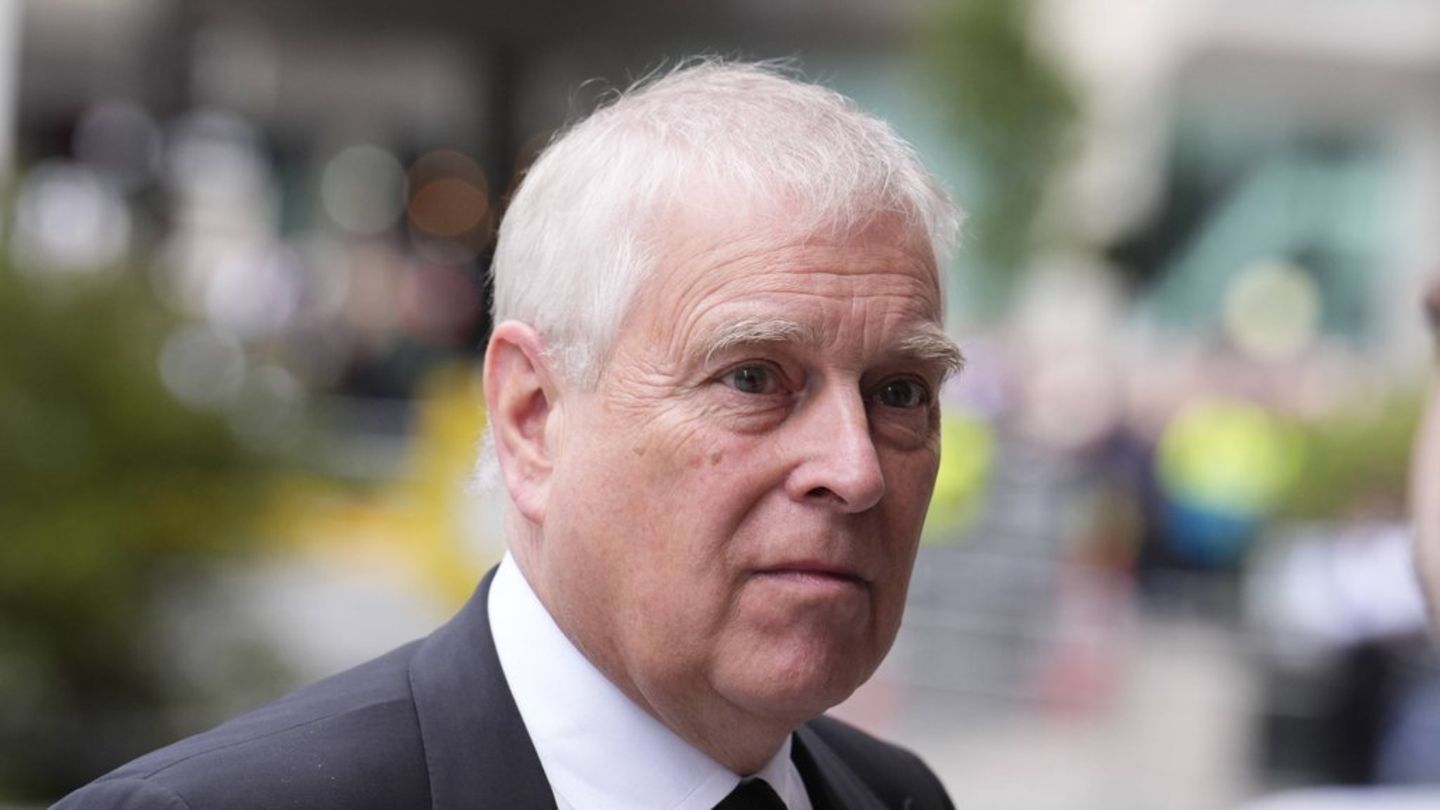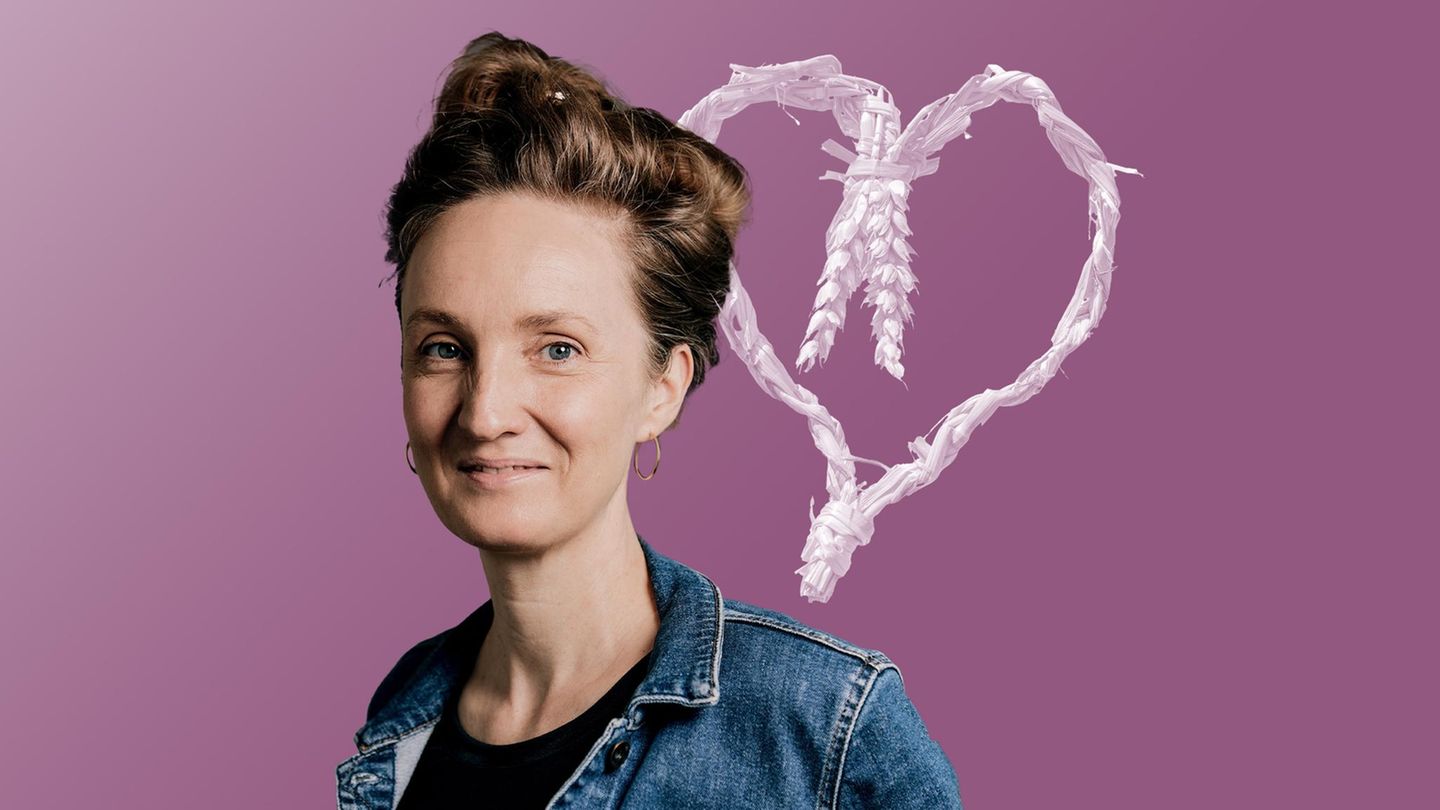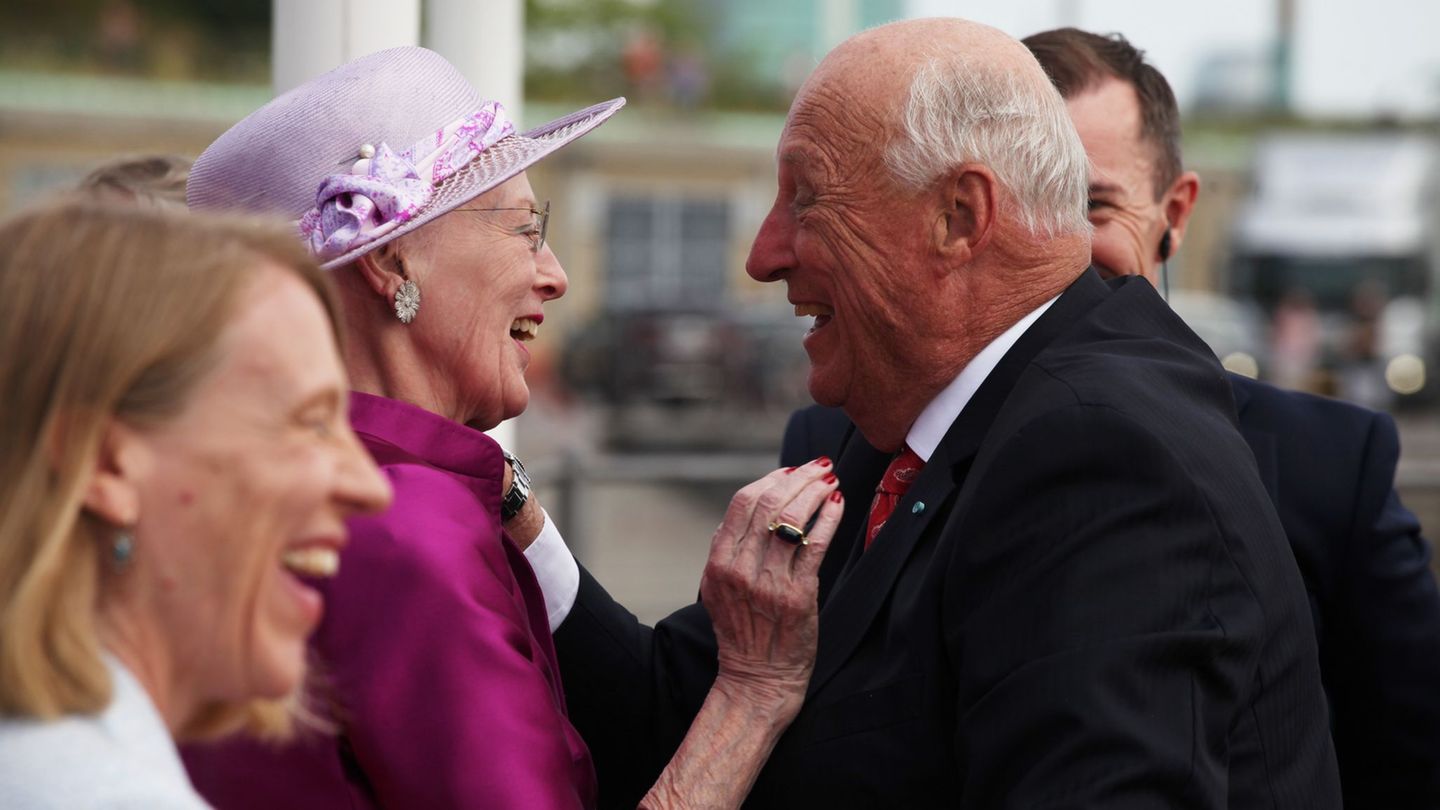The “daily exercise and sports unit” (TBuS) that has been required for years is gradually becoming a reality. Since school began, there has been a school project in the districts of Rohrbach and the Urfahr area, in which 19 schools with more than 100 classes and also six kindergartens are involved, such as State Councilor for Sport Markus Achleitner (VP) and Christine Haberlander, Deputy Governor responsible for education (VP) informed on Monday.
So far, three units (in the first and second grades) and two units (in the third and fourth grades) have been anchored in the elementary school curricula. In addition, the pilot schools receive support from external professional sports coaches, who do one or two sports lessons per week with the children. These trainers are from the sports associations ASKÖ, ASVÖ or Sportunion and are paid by the federal government.
Niederwaldkirchner Silvia Ehrengruber, who won bronze as a judo athlete at the 2003 European Championships, is one such trainer. She looks after six elementary schools in her home region. “It’s important to me that the children have the opportunity to try out as many sports and forms of exercise as possible and have fun doing it,” she says. As Haberlander and Achleitner also emphasize, it is about conveying the joy of movement to children.
In order to actually get a whole unit of sport and exercise per day, the pilot region also makes sure that there is sufficient exercise in regular classes every day. “Small movement interventions can be integrated into almost every teaching unit and loosen them up,” says Sandra Hödelsberger, elementary school director at the pilot school in St. Martin im Mühlkreis. “Let’s imagine we are a horse and hop over the ditch” is the name of one of these exercises, in which the children in the class can let off steam for a few minutes.
The federal government must create a framework
The pilot project should last two years, after which it must be rolled out to all schools nationwide, Achleitner demands. To do this, the education, sports and health ministries must pull together. The states are currently negotiating with the federal government. The aim is to present a “clear concept for implementation and financing” in autumn 2023, according to Achleitner.
Source: Nachrichten




